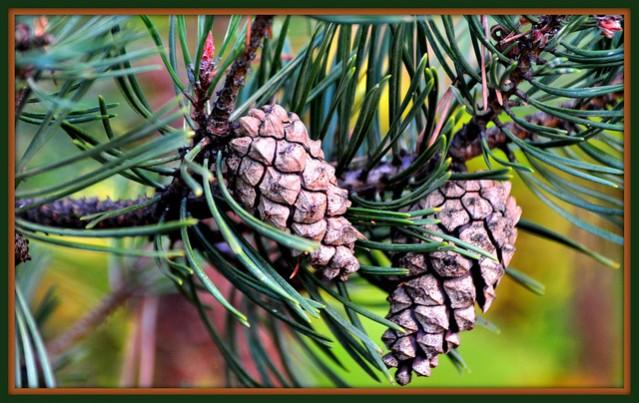
A compound found in pine bark called leelamine, can be used to treat skin cancer melanoma, according to a new study.
Melanoma is a cancer that starts in the cells that produce the melanin pigment. Melanoma can be identified through visible changes in size or colour of a mole.
Exposure to the sun's ultraviolet (UV) radiation, through spending more time under the sun in the beach, living in a sunny area or engaging in activities like sunbathing and water sports, increases the risk of developing skin cancer, according to the American Cancer Society. Apart from that, people with more number of sunburns, sun-damaged skin like liver spots, actinic keratosis and solar elastosis, are also at a greater risk of developing skin cancer.
About 90 percent of the melanomas are caused by mutation in genes, due to the prolonged exposure to ultraviolet radiation. Certain abnormal proteins produced by the genetic mutation have long been known to play a major role in this deadly disease.
Most of the drugs currently available to treat melanoma work by targeting single proteins. Though these drugs initially succeed in blocking activities of the protein, the cancer cells, gradually develops resistance by finding other ways for survival.
"To a cancer cell, resistance is like a traffic problem in its circuitry," Gavin Robertson, of the Penn State Hershey Melanoma Center, said in a news release. "Cancer cells see treatment with a single drug as a road closure and use a detour or other roads to bypass the closure."
To solve this problem, Robertson and colleagues from the Penn State Hershey Medical Center in the US, tested 480 natural compounds and found that leelamine, a compound found in pine tree barks, was highly effective in targeting multiple protein pathways like PI3K, MAPK and STAT3, thus preventing the cancer cells from multiplying and spreading to other parts of the body. Nearly 70 percent of the melanoma cases are caused by these protein pathways. Activity of the cancer cells is mainly based on the cholesterol that surrounds it. Experiments showed that leelamine can kill cancer cells by shutting down the cholesterol transport and its movement around the cancer cells.
"The cancer cell is addicted to these pathways," Robertson said. "And when they are shut down, the bypass routes cannot be used. The result is the cancer cells die."
Researchers based their findings on experiments they conducted on cells grown in culture dishes and mice. The component prevented tumour development in the rodents and did not cause any side effects.
Findings of the study have been reported in Molecular Cancer Therapeutics.









